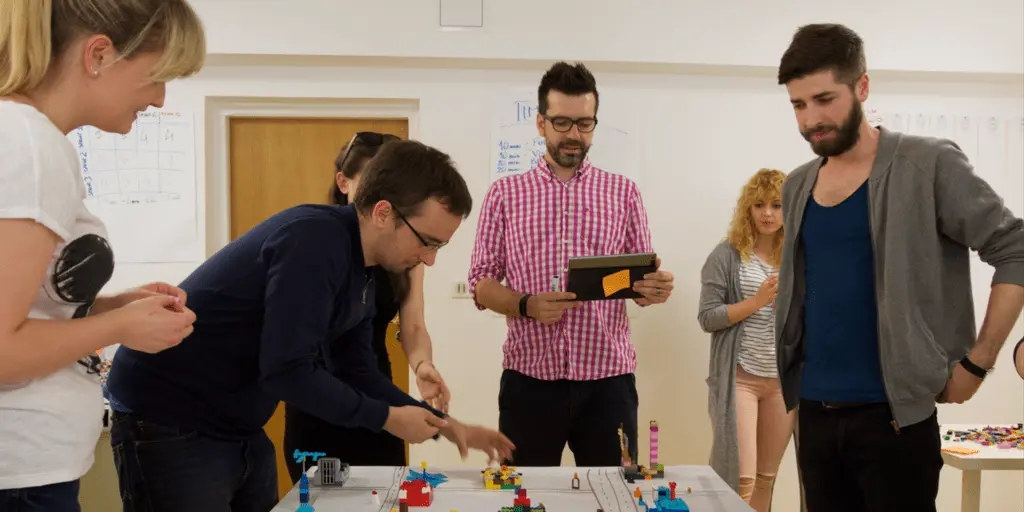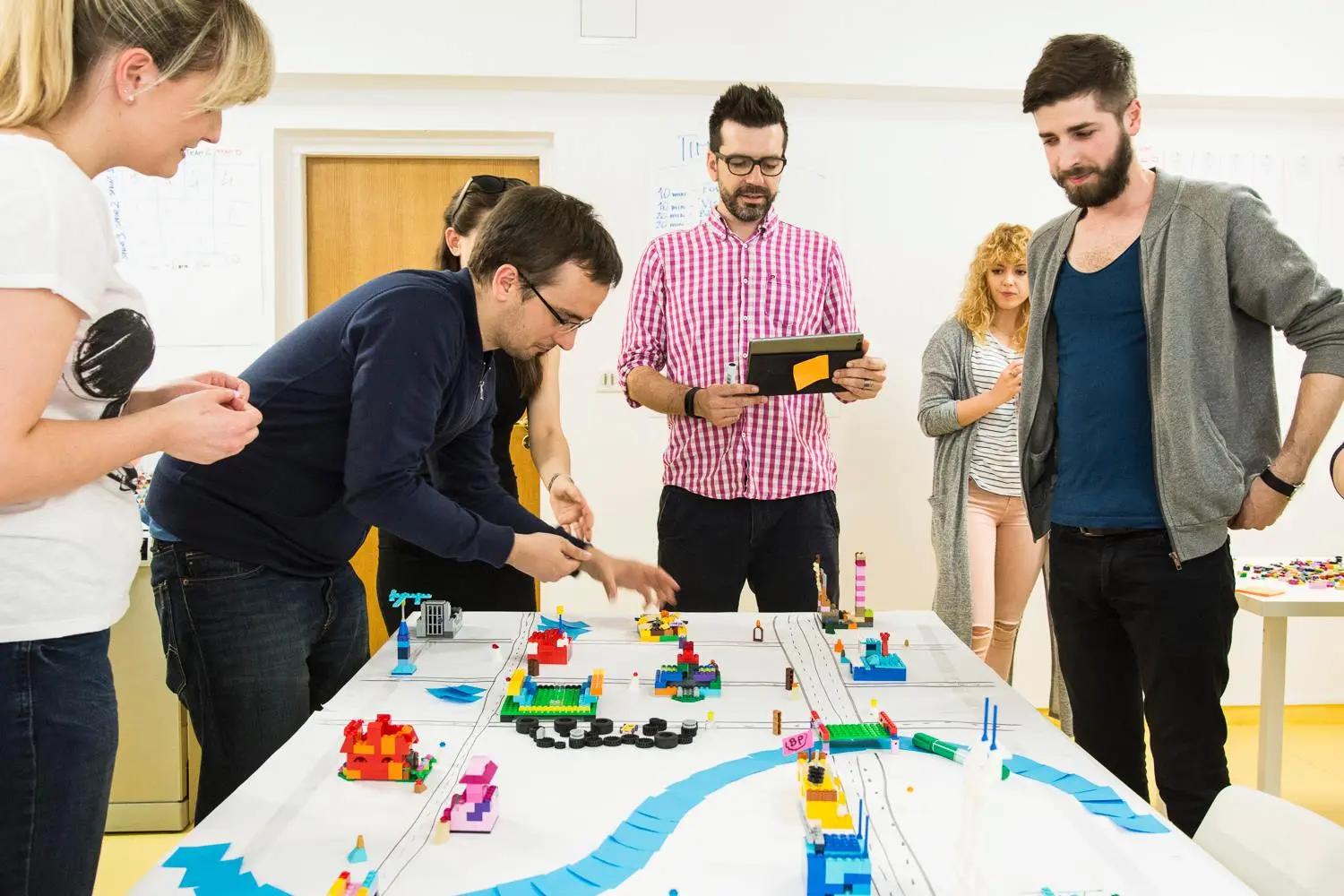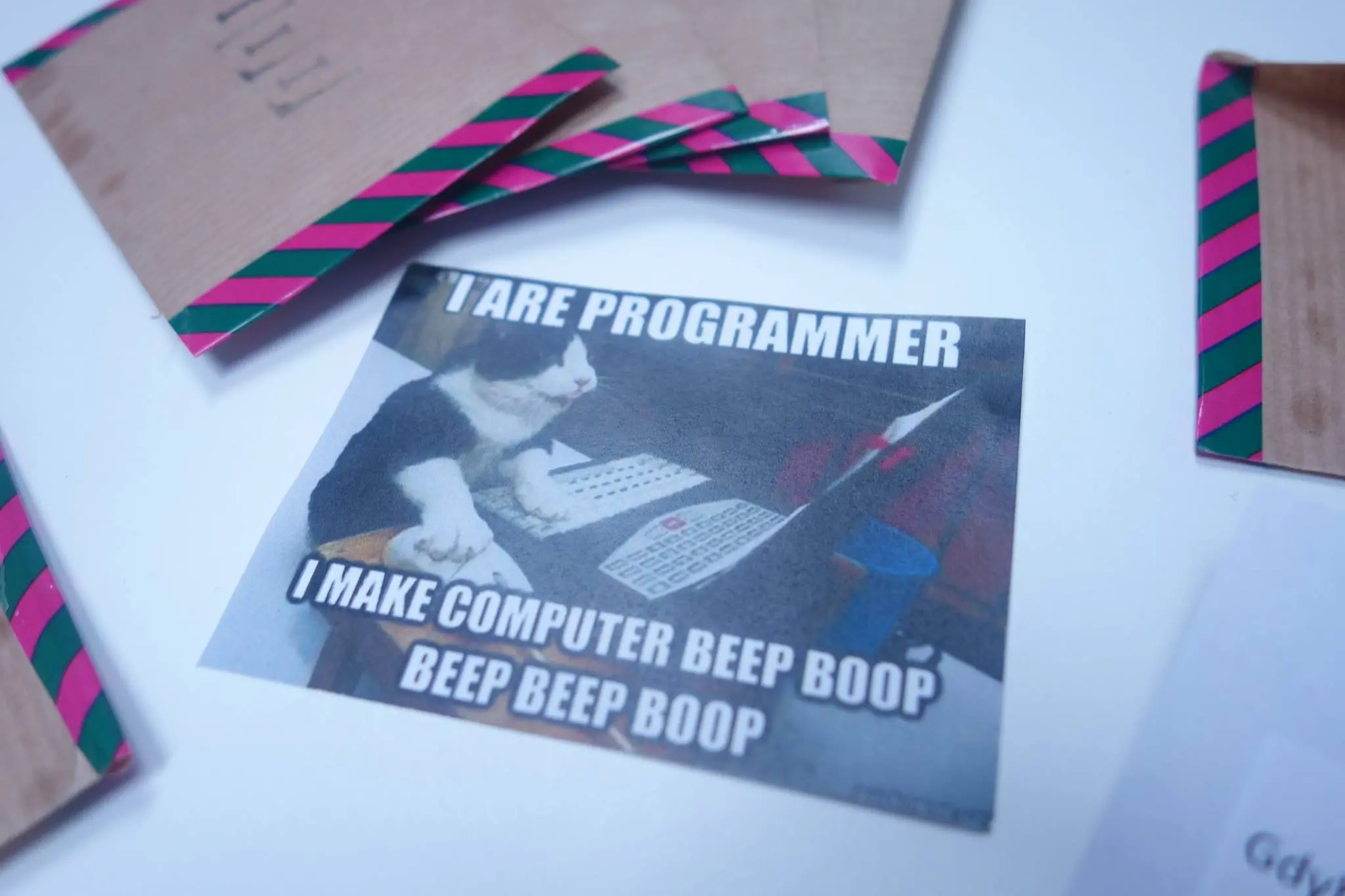
Many people reckon programmers are alienated creatures who spend most of their time on delivering new code. Nowadays, no developer is just a geek sitting in a basement living off pizzas, staying completely out of touch with the real world. Below, you’ll find a list of soft skills which – based on my own experience and many stories from the trenches of IT – I consider essential for anyone.
Soft skills are highly appreciated in the world of IT right now, and at 10Clouds we pay a lot of attention to them specifically. We know how important soft skills are for the proper functioning of a company, for the well-being of teams, and the general atmosphere in the office. Why not stop hitting the keyboard for a couple of minutes and start thinking about developing the ‘softer’ side of your professional self?
Communication
The industry has already become aware of how disrupting it could be to neglect essential communication guidelines. You end up with a malfunctioning information flow, people find it difficult to express their needs, and giving feedback is a chore (or no feedback ever gets given at all). Deficient communication on a project results in wasting time, money, and – most of all – disrupting the atmosphere inside the teams. The ability to communicate effectively and accurately is one of the most sought-after qualities in the IT market. And as with any other highly valued commodity, the demand for good communicators well outstrips the supply.
Teamwork
Teamwork is the foundation of efficient teams and companies. The more people you have working on something and thinking it through, the better the effects are, and it becomes next to impossible to miss an important detail.

There are no perfect people in this world, and everybody makes mistakes, which is why we conduct code reviews as a standard practice. Even if it isn’t an established procedure in your company, it’s always a good idea to let someone else check your code.
Attitude
You might not be a code wizard (yet), but you can still win a lot with your personality and attitude, believe me. Just ask yourself:
- Do I try to stay positive?
- Do I learn and support other people in their self-development?
- Do I have hobbies and interests outside programming?
All the above factors sum up to give the perfect culture fit, essential for any IT company. Your attitude also means a lot in everyday work. Stay open-minded and patient towards others. Be happy to help. Open up to other people’s feedback. And remember not to turn into a know-it-all.
Public speaking
The IT community embraces different personalities, including introverts. Still, even if you’re an introvert, learning to come forward with your expertise and share it with others will definitely boost your professional standing. There are so many events that give you an opportunity to show off your skills and knowledge, as well as to listen to other people sharing their know-how. Live talks in the IT world – not only at events but also on YouTube – are the beating heart of the community.
Open up to other people’s feedback and remember not to turn into a know-it-all.
Sharing knowledge with others helps spread technological news and best practices and gives you an opportunity to work on your personal branding. This will quickly translate into a broader professional network and better career opportunities.
Sharing your knowledge
Every project consists of team members with different experience, knowledge and skills. It’s great to be mentored, but every senior or fairly experienced developer gets to a point when s/he becomes a role model for juniors and a source of expertise for them.

It’s really not cool to keep all the know-how to yourself, thinking it will let you stay ahead of the game. It is the mentoring process itself that shows your maturity and thought leadership as a developer or tech leader.
Time management
A growing number of responsibilities forces developers to manage their time efficiently and share it between multiple tasks. What’s more, working as a developer involves not only programming, but also participating in client meetings, or contributing to the research and development in new technologies. Personal time management is a real art. Luckily, you can learn it just like anything else by taking part in a personal development workshop. The key to success is to actually make use of those time-management skills in your everyday work 🙂
English!

Even if it’s not exactly a soft skill, I’m going to mention it here because it’s still very surprising to me that so many Polish programmers and other IT specialists can’t speak good English. The most popular explanation is: “well, I don’t interact with people much, and I’m able to read technical documentation, so I guess that’s enough.” Believe it or not, but mediocre English will give you a hard time getting a promotion (or a job) in most IT companies.
I hope my post inspired you to polish not only your code but also on your mindset and the way you interact with people. Do you have any special ways to do it? Have you got any tips and tricks for fellow developers and other tech pros? Retweet the article and let us know!



